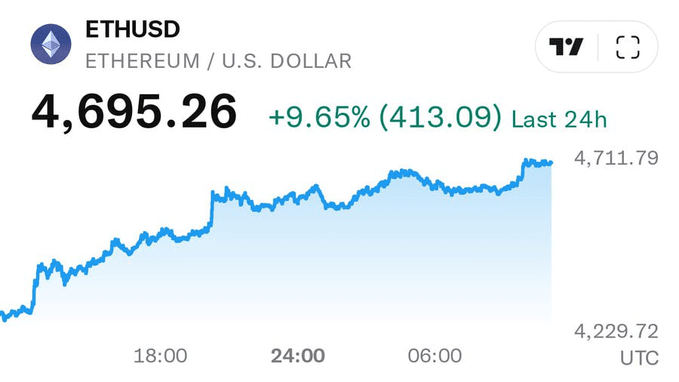I don't know if there are any friends in the community who are developers, but you might recall often encountering the following scenario:
You have a brilliant DApp idea, whether it's GameFi, DeFi, or a fun Social App. You’ve written the smart contract, designed the product prototype, and then what? Then, you find that the biggest trouble has just begun.
How do you read on-chain data? For example, a DeFi application needs to obtain the real-time price of a certain token, the entire transaction history of a wallet address, and the ownership change records of an NFT.
These data are chaotic, how to clean and index them? On-chain data is like a massive, unorganized library, and going in directly to find something can drive people crazy. You need an efficient librarian to categorize and label it.
How to ensure the real-time and accuracy of data? The market changes rapidly, and if your application data is delayed by a few seconds, it could lead to huge losses for users.
What about server costs and operations? Set up nodes yourself? For a small team, this is simply a pipe dream—burning money and effort, and it might not even run stably in the end.
In the past, these issues hindered countless developers wanting to enter Web3. Everyone could only choose to 'reinvent the wheel', spending a lot of time and money 'fighting' with data, rather than focusing on refining their core products.
This is one of the important reasons why Web3 has long been 'loud thunder, small rain'—the infrastructure is too poor, and the developer experience is too bad.

What Chainbase does is be the person who 'reinvents the wheel'
At this point, the value of Chainbase becomes apparent.
You can think of it as a 'Google Cloud' or 'AWS' of the Web3 world. It does something very 'heavy' but extremely important: it processes, cleans, and indexes those raw, chaotic, and hard-to-read data from multiple chains (like Ethereum, BSC, Polygon, etc.) in advance, and then provides you with a very simple API interface for you to use as needed.
(This can be imagined as a schematic diagram of data flow)
Saying this might still be a bit abstract, so let me give a few specific examples:
You want to create an NFT trading market? You need to know which NFTs are under a certain address, the floor price of a certain NFT series, and trading history. With Chainbase, you only need to call a few ready-made APIs, and you can get all the data you need within minutes, and it's updated in real-time.
You want to create an on-chain data analysis tool? You need to analyze the wallet movements of whales and track the flow of Smart Money. Chainbase provides vast amounts of decoded, labeled addresses and transaction data, allowing you to research directly on clean data sets, rather than starting from a pile of 0x... addresses and hashes.
You want to develop a wallet application? Basic functionalities like obtaining token balances and transaction history can be easily handled with Chainbase's API, allowing you to focus more on security and user experience innovations.
Simply put, Chainbase frees developers from the laborious task of 'reinventing the wheel', allowing them to return to the creative work of 'building cars'. This is hugely significant for the entire ecosystem. When the development threshold is significantly lowered and development efficiency greatly increased, we may finally see truly killer applications emerging like mushrooms after rain.

Why do I think it's worth paying attention to? (Some personal insights)
Narrative shift: from 'applications are king' to 'infrastructure is king'
In the last bull market, we saw applications like Axie Infinity and StepN shine brightly. But their problem lies in the fact that the underlying support is not solid enough, leading to a short lifecycle. The market is increasingly aware that without strong infrastructure, any castle in the air cannot last long. And Chainbase is right in the core track of 'selling water'. Whether it's AI + Crypto, full-chain games, or RWA, no matter how upper-layer applications change, they cannot do without stable and efficient data services.
The 'alchemy' of data
Data is the oil of the new era, and this saying applies to Web3 as well. On-chain data is completely open and transparent, but the value density of raw data is very low. What Chainbase does is the work of 'data refining'. It indexes, structures, and enhances data (for example, labeling addresses as 'whale', 'exchange', etc.), transforming raw data into high-value 'refined data'. This capability is one of the core competitive advantages of the future Web3 world.
Pragmatic team and clear roadmap
I have been following Chainbase for a while, and my impression is that this is a very pragmatic team focused on product development. There is not much flashy marketing, but rather a steady step-by-step approach in supporting more public chains and launching more practical datasets and APIs. This style gives me a sense of reassurance in the current chaotic market.


